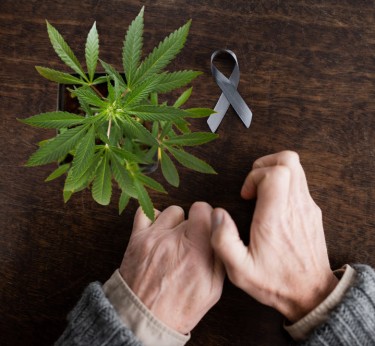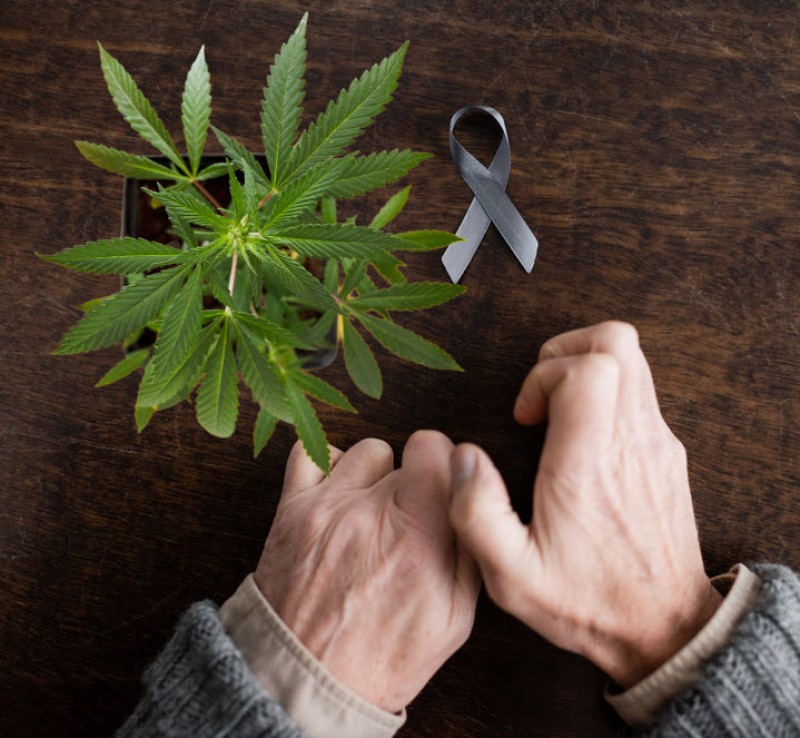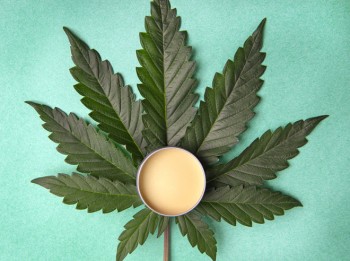
Parkinson’s disease is a terrible neurodegenerative disorder that severely impacts one’s movement. Since it affects the nervous system, movement, and body parts that are controlled through our nerves, patients with Parkinson’s disease suffer from being unable to move as they wish since there is no longer any coordination in the body.
The symptoms of Parkinson’s often start out very mild, though they all eventually progress. Tremors and shaking are a hallmark early symptom, typically starting out in the fingers or hands. Other symptoms gradually begin: these symptoms include bradykinesia, muscle rigidity, impaired coordination and balance, changes in speech and writing, and overall loss of movement when the disease has progressed to severe.
Parkinson’s disease is the most common neurodegenerative disease in the world. According to the Parkinson’s Foundation, it affects around 1 million people in the United States alone, and globally, around 8.5 million people live with this condition. While there are several medications that can help slow down the progression of Parkinson’s disease, many patients have found relief in using cannabis as well.
Is It Safe To Self-Medicate With Weed If You Have Parkinson’s?
There is a growing number of clinical trials, studies, and surveys pointing to the efficacy of cannabis in treating Parkinson’s Disease symptoms. Just do a search on Google and you’ll find them. If you go on YouTube, you’ll even see some incredible videos showing how marijuana impacts its symptoms, like this one. Scientists, doctors, and patients alike are all interested to know more about marijuana and Parkinson’s.
A recent study published in the Journal of Parkinson’s Disease found that a third of patients with the disease turn to marijuana as well as coffee as natural aids to help them cope with the disease. More often than not, they also don’t disclose these to their doctors. Other natural aids that they commonly turn to include coffee and turmeric.
“The interest in natural sources of bioactive molecules documented here corroborates other studies indicating that PwP seek to become active players in the design of their therapies. This offers an opportunity to further develop personalized treatments and promote patient involvement in health care decision making,” wrote the study’s authors.
It’s easy to see why people are increasingly seeing cannabis as a natural health aid; after all, it has been used since ancient millennia traditionally, and it’s based on whole plant medicine that has little to no side effects, other than its psychoactive characteristics. Cannabis is also not addicting and non-toxic, unlike other pharmaceutical medications. In addition, if weed is legal where you live, it can be easy to integrate it into your lifestyle especially to mitigate the other symptoms of the condition.
While marijuana can certainly help mitigate many symptoms of this neurodegenerative disease and possibly even slow down its progression, we must remember that it can still interact with other medication. Consultation with a healthcare provider is always best so that we know the right dosage for maximum efficacy and safety at all times.
Back in 2021, a survey was conducted to poll patients diagnosed with Parkinson’s disease. Researchers utilized a cross-sectional-based survey throughout Germany, using a questionnaire they had developed themselves. The questionnaire had 25 questions, which sought to ask patients about their cannabis use for Parkinson’s, their patient knowledge as well as demographics.
A total of 24,000 questionnaires were distributed and 1,123 were analyzed from the 1,126 that were returned. Ninety percent of 250 patients who were invited to join the survey responded. Among them, 15% were marijuana users; 13.9% were regular cannabis users while 32.2% were considered occasional. It was surprising that just 51% said they were knowledgeable about weed, and just 8.8% understood the difference between CBD and THC. However, over half of them reported that weed had a positive clinical effect on them.
“Our data confirm that PD patients have a high interest in treatment with medical cannabis but lacked knowledge about how to take it and especially the differences between the two main cannabinoids, THC and CBD,” explained Professor Carsten Buhman, the lead investigator and a professor at the Department of Neurology in the University Medical Center Hamburg – Eppendorf, Hamburg.
Conclusion
Studies show that cannabis targets several mechanisms of Parkinson’s disease to provide relief to patients. These may vary from one patient to another, but cannabis has been shown to help reduce muscle rigidity, tremors, mitigate anxiety and depression caused by the disease, improve sleep, and reduce pain among others. Cannabis may also help treat dyskinesia, which is a side effect of using conventional Parkinson’s treatments for a long period of time.
All these said, there’s still much more we need to know about cannabis and this disease. If you are interested in trying weed for its symptoms or for a loved one, we always recommend consulting with your healthcare provider; ideally, they’re knowledgeable about the use of cannabis for Parkinson’s disease and may be able to offer helpful advise when it comes to dosing and consumption for your specific needs.
Furthermore, we need stronger clinical data to back up the safety of said dosage as well as the cannabinoids in weed. Many elderly patients, or those who are sick, do not want to experience the psychoactive effects of THC. More data on weed’s mechanism of action and variability of response will help healthcare professionals curate a more personalized treatment plan that can include cannabis together with other conventional medications.






